The Olympian
By Jordan Schrader
A new policy might cut down on the Legislature’s partisan squabbling in one arena: Twitter.
A committee that sets administrative policy for the Senate approved expanding the chamber’s social media presence Tuesday, but not before adding a warning.
“Engaging in direct ‘conversation’ with others through social media is not appropriate other than to provide clarifying or informational responses,” the new guidelines say.
Senate lawyers floated that sentence after reviewing what the Legislature’s partisan caucuses have tweeted at each other and the public.
Tuesday’s Twitter traffic was typical: Senate Democrats slammed Senate Republicans for refusing to close a tax exemption for the oil industry, while Republicans mocked House Democrats for refusing to vote on the taxes they have proposed.
Senators on the Facilities and Operations Committee approved the policy without dissent. It is due to take effect July 1 unless the Legislature’s ethics board raises objections.
Staff in the House are reviewing that chamber’s social media policy for potential changes.
The Senate policy expands the use of social media, allowing majority Republicans, minority Democrats and all 49 senators to each have a staff-maintained Facebook and YouTube account if they want them.
The majority and minority caucuses can let people post comments on their accounts, but individual senators must disable comment features.
Today, the Senate doesn’t have Facebook pages and there’s one Twitter and one YouTube account per caucus. Senators who want their own accounts can set up personal ones. Sen. Joe Fain, R-Auburn, requested a more permissive policy.
The policy doesn’t go as far as Fain wanted. It lets senators copy content from their official Web pages to their Facebook pages but it doesn’t let them post any original content on Facebook. Nor does it allow senators to have official individual Twitter accounts.
Senate Democrats had raised worries about how much staff time lawmakers’ social media efforts would consume under Fain’s original proposal and whether their self-promotion might get out of hand.

